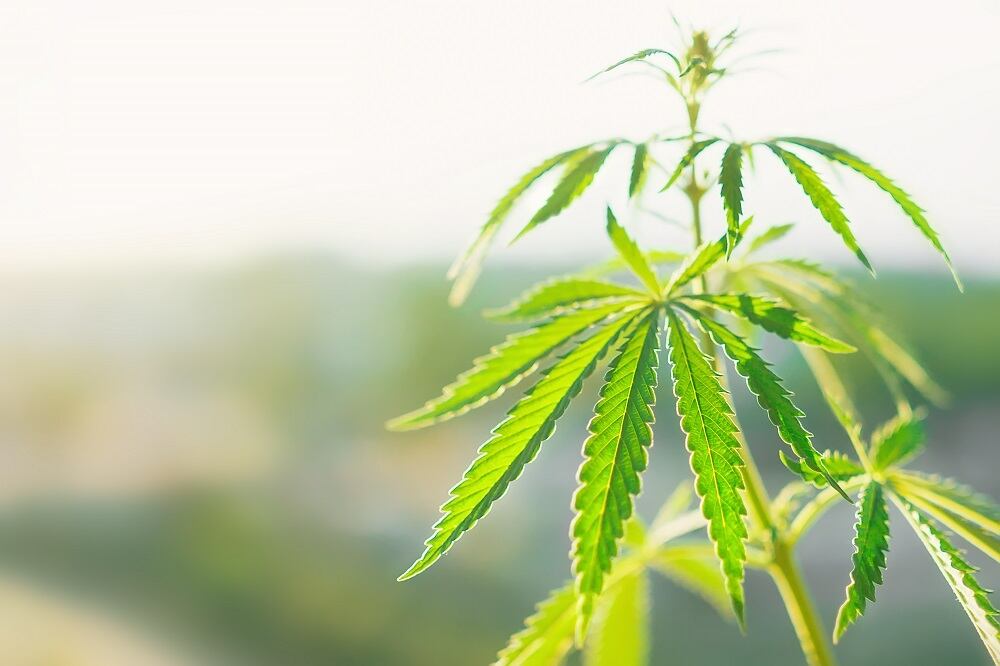At a public meeting hosted by FDA in Washington, DC, last Friday, agency representatives repeatedly asked the more than 140 stakeholders who presented to submit more safety and efficacy data for CBD and other cannabis-derived compounds to help it establish a regulatory framework.
However, as many industry leaders pointed out, industry is unwilling to invest in research without a clear path to market or safe way to conduct the research without running afoul of conflicting state and federal regulations.
“The thing that concerns me about what I am hearing today is so much emphasis on asking the presenters. ‘What is your safety data? Do you have safety data? Can you give us safety data?’” said Steve Mister, president and CEO of the Council for Responsible Nutrition.
He explained this is worrisome because some companies are reluctant to invest in safety research until they know there is a path to market that FDA will accept.
Despite this, Mister and other stakeholders who presented at the meeting, said several paths to market already exist for CBD and other cannabis-derived compounds, but there also are major roadblocks for using the ingredients in conventional food and dietary supplements.
The path forward for CBD in conventional food is less clear
Of the two, the path forward for conventional food may be more difficult than for dietary supplements due to the different labeling and safety standards for each.
Douglas MacKay, senior vice president of scientific and regulatory affairs for CV Sciences, explained that unlike for dietary supplements, conventional food labeling does direct consumers how to use – and not use a product.
“When you give someone a granola bar or cereal or some other food article, you can’t necessarily say not for use in pregnancy, you can’t control the dosing as much. So, I have looked at this from a public health perspective and often thought, ‘I don’t know how comfortable FDA is going to be with a free for all with CBD in the food supply.’ However, with supplements, you can put them in a gel cap with instructions. It is a lot easier to keep the public safe inn that format,” he said.
On that note, he noted some research presented at the FDA hearing cast doubt on the safety of CBD for all populations.
“This is just a prediction, but I just think after hearing everything [presented at the meeting] that FDA is going to have an easier pathway when it comes to products regulated under the supplement paradigm at making sure it is safe and used safely than they will with food,” he said.
He explained CV Sciences is able to navigate this issue on the supplement side by tailoring directions for use to match their safety data, and that it is up to other companies to do the same.
“An exception to the exception”
While the path forward for supplements may be easier, it has its own challenges.
A major sticking point is that CBD was first approved for use in a prescription drug before it was recognized as an existing ingredient in the food supply, which, according to the current regulations, means it cannot be used in dietary supplements or foods.
But there are options, according to David Spangler, director of legal affairs and international affairs for the Consumer Healthcare Products Association
“It seems to me that there are two ways that FDA could do this,” he said. The first is to make an exception for CBD to a regulatory provision that prohibits the use of ingredients in foods and dietary supplements if they are used in an investigational new drug prior to being used in the food supply.
The second, as noted also by MacKay, is to declare each ingredient as a different article. “So, highly isolated purified CBD could be the drug article, and some other form of CBD could be a food or supplement article,” he said.
Acting FDA Commissioner Ned Sharpless acknowledged at the meeting that the law says the agency can issue regulations to create new exceptions to these statutory provisions, but he added that FDA has never issued a regulation like this for any substance, which makes doing so for CBD “new terrain for the FDA.”
A precedent already exists for simultaneous use across categories
While navigating this exception may be new, Mister pointed out that using the same ingredient simultaneously in the food, supplements and drugs is not.
“The interesting thing about the exclusion is that if the supplement was on the market first, and then the drug came to market, the two would have to share the space, and fish oil is a great example,” he said.
“That shows you this is not a safety question. This is about a race to market and the economic consequences of doing that,” he said.
Industry should focus on safety while it awaits FDA’s response
While FDA untangles these issues, Mister suggested that stakeholders interested in using CBD should focus on safety testing so that if and when the agency gives the greenlight, they have what they need to move forward responsibly.
“If you are interested in the CBD marketplace, you should be creating your safety dossiers. You should be doing some clinical research, so that you can put in a new dietary ingredient notification immediately when something does happen,” he said. “I don’t think it is unreasonable for companies to start thinking about product development, about formulation, about dosage amounts. All of those variables that play into whether their product will be safe.”

